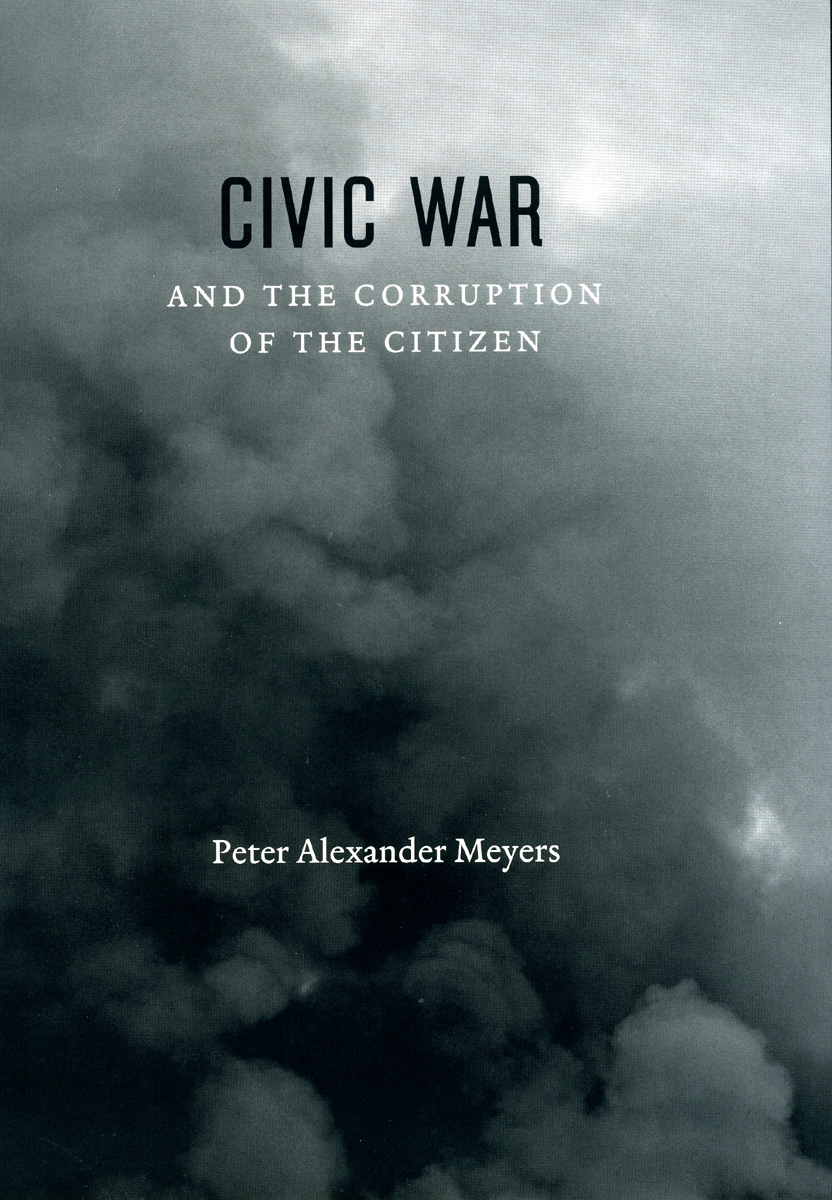A crisis is whatever the president says it is

The Bush presidency may be one of the most criticized in the history of the office, but the one criticism leveled at the previous administration perhaps more often than any is that the former President exploited the threat of terrorism to hurdle constitutional checks and balances on executive power. Arguably, it was the public reaction to Bush’s relentless power grab that became one of the driving forces behind the election of the current administration. Yet as New York Times contributor Anand Giridharadas points out in a recent article, President Obama has become the target for some of the very same accusations, as some argue that he too has used the Great Recession, and a renewed terrorist threat from Afghanistan, to push his own left wing agenda.
So with both sides of the aisle directing similar criticisms at one another, do their accusations actually carry any weight? Giridharadas’ article cites Peter Alexander Meyers, author of Civic War and the Corruption of the Citizen who argues that in fact, presidential power, regardless of party affiliation, has “been steadily accruing since the nineteenth century, edging both Congress and the public out of decision-making during anything claimed to be a crisis.” Giridharadas writes:
Beginning arguably with President Grover Cleveland’s clampdown on the railroad strikes using emergency authority, which paved the way for broader regulation of the railroads and eventually of national commerce under subsequent presidents, Mr. Meyers contends that the boundary between foreign war and domestic crisis has slowly blurred in the public mind.
Mr. Meyers is particularly alert to the role of culture in bolstering this trend. As it is, the federal government has limited constitutional authority and ever more intricate problems to manage.
The effect of television and the Internet in an event like 9/11 or the Great Recession, is, he shows, to amplify and rerun and spread the sense of alarm. The result is that citizens have effectively acquiesced over time to two propositions that he believes to be dangerous when held in tandem: that, in crisis, the president knows best; and that a crisis is whatever the president says it is.
Mr. Meyers, also politically sympathetic to Mr. Obama, believes that Mr. Bush did not create on his own the culture of emergency for which his presidency is often blamed, and that Mr. Obama, as a consequence, will not reverse what is not merely one administration’s doing.
“It was a monumental mistake to think that ‘everything changed on 9/11,'” Mr. Meyers said in an e-mail message. But, he added, “I, with great regret but without surprise, would say that those who think that ‘everything changed on November 4’ are fooling themselves again.”
You can find the complete article on the NYT website.